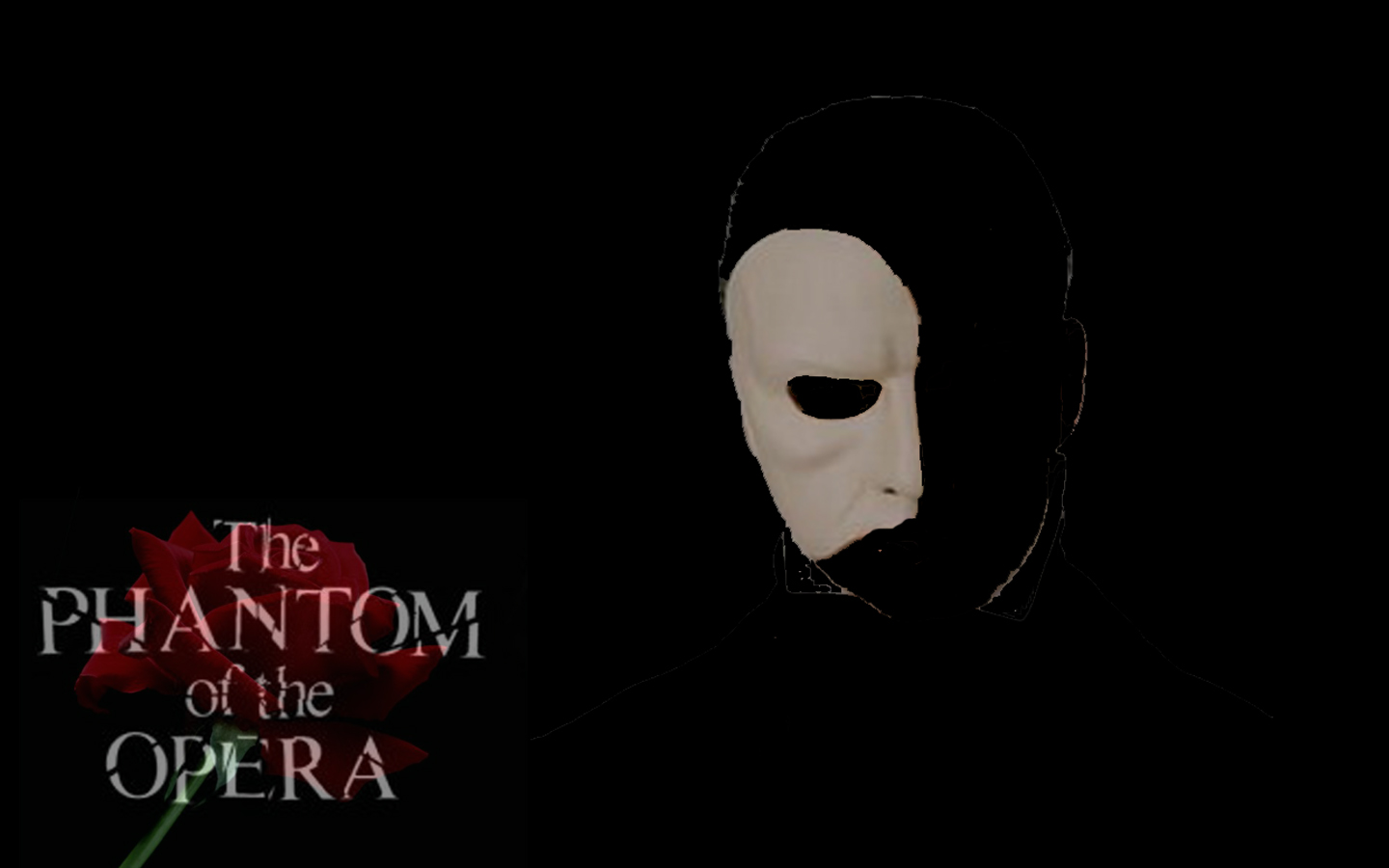


Society itself carries a partial blame, unmistakably, as the social standards of physical beauty gathers the multitude to conform to this preconceived standard. It is likened to a layer of defence that adolescents draw up for themselves, cementing away their tender insides, their raw selves, encouraged by the notion that they would be unlovable otherwise. There is no denying the comfort that comes with hiding behind a mask. The mask that the Phantom wears has become a dramatised trope over the years with which millions have resonated. Perhaps it is this that makes the image of the Phantom so enticing, so luring: no matter how disturbing or irrational we find the Phantom, whom we later learn is Erik, there exists a parallel that is drawn ever so subtly by Leroux between his venture into finding love and the rest of us. To be cared for, to be paid attention to, and to be adored, despite our flaws and imperfections, is a goal that many in the world pursue, but fail to do so authentically and lovingly. The desire to be loved is no stranger even to the best of us. Captivating music aside, Leroux’s original book fictionalised a Phantom with whom a surprising great number of the world can relate.


 0 kommentar(er)
0 kommentar(er)
